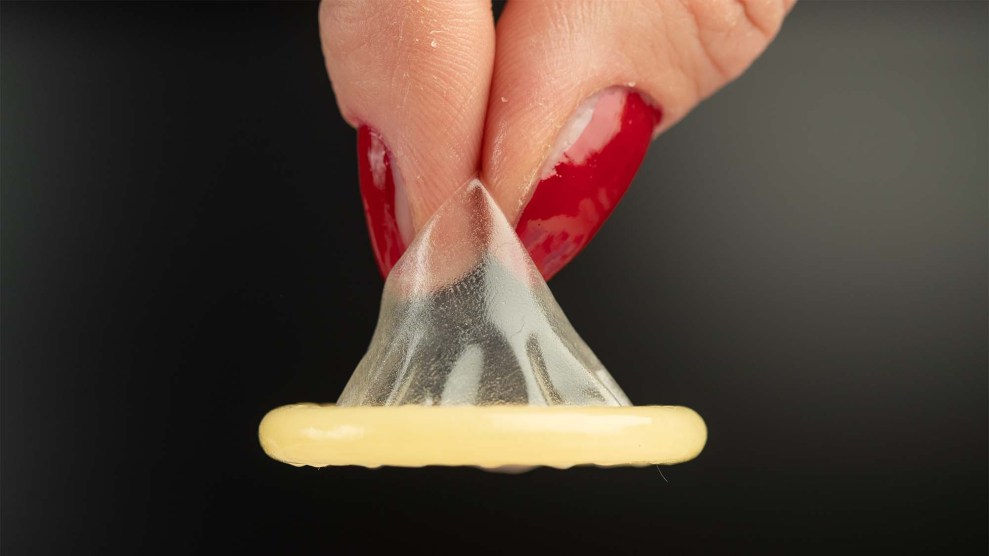
picture alliance/Contributor/Getty
California is on the cusp of becoming the first state to outlaw “stealthing,” the depressingly common practice of removing a condom during sex without verbal consent.
Earlier this week, lawmakers sent Gov. Gavin Newsom a bill that would add stealthing to California’s civil definition of sexual battery. That would give people a chance to sue perpetrators for damages in civil court, but it would not change the criminal code or allow them to go to prison. Lawmakers approved the measure unanimously.
Assemblymember Cristina Garcia, who sponsored the bill, said it would help hold assailants accountable for the deceitful practice. In addition to increasing the risk of sexually transmitted infections and unwanted pregnancies, stealthing is considered by many activists to be a form of rape, since victims never consented to having sex without protection. “It makes it clear that ‘stealthing’…isn’t just immoral, but it’s illegal,” Garcia wrote on Twitter about the bill.
The term stealthing has long been used within the gay community, often referring to HIV-positive men who purposefully try to infect someone else without their knowledge during sex. But stealthing became more widely recognized as a problem in 2017, after then-law student Alexandra Brodsky (author of the book Sexual Justice) published a Columbia Journal of Gender and Law paper about people who nonconsensually remove condoms during sex. It happens more often than you’d think: Subsequent studies in 2019 in the United States and Australia found that anywhere from 12 to 32 percent of women in a certain age range had experienced stealthing, along with 10 to 19 percent of men.
The 2020 HBO series I May Destroy You helped bring more attention to the issue with a plotline in which protagonist Arabella (Michaela Coel) realizes after-the-fact that a man she had sex with had removed the condom without telling her.
Assemblymember Garcia first tried to ban the practice in California back in 2017, introducing a bill that would have made stealthing a crime that was eligible for jail time, like it is in New Zealand, Switzerland, Canada, Germany, and some other countries. That California measure did not pass. Legal experts in the United States said prosecutions would be rare because of the difficulty in proving that a perpetrator acted intentionally.
Some activists and scholars believe empowering a survivor to sue in civil court, which the new bill allows, might be a better solution anyway. Survivors arguably have more power deciding whether to file a lawsuit than they do in the criminal process, where police choose whether to investigate and prosecutors choose whether to pursue a case.
And sometimes incarceration isn’t the best option. Civil lawsuits could at least get survivors some cash. As Brodsky, who wrote the 2017 study, told the New York Times: “There are many survivors who do not want to see the person who hurt them in prison and could really use help covering medical debt or could use help having the resources to see a therapist.”
















